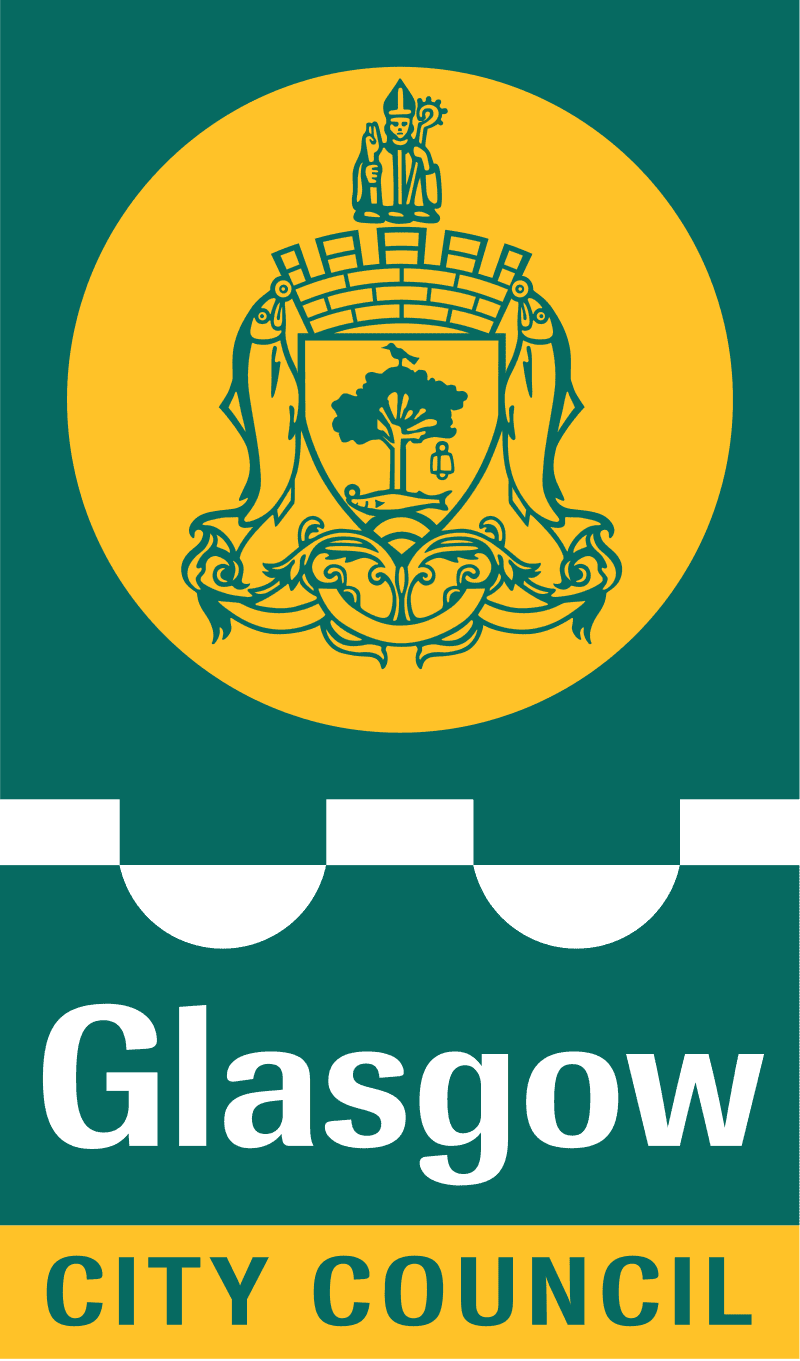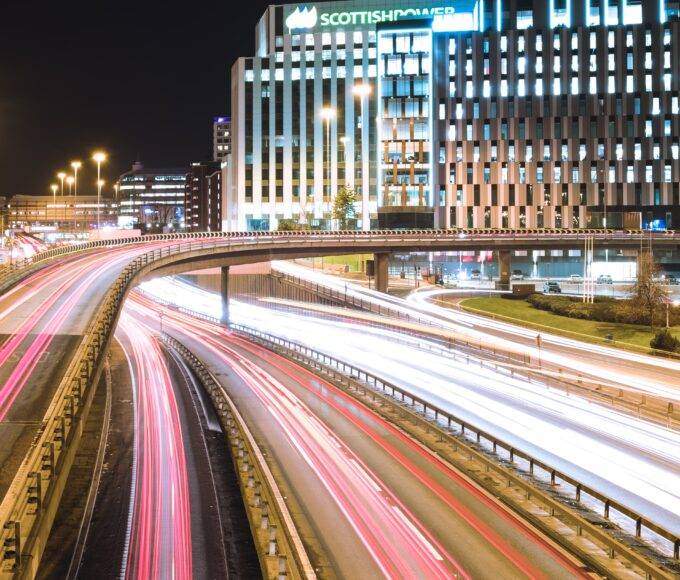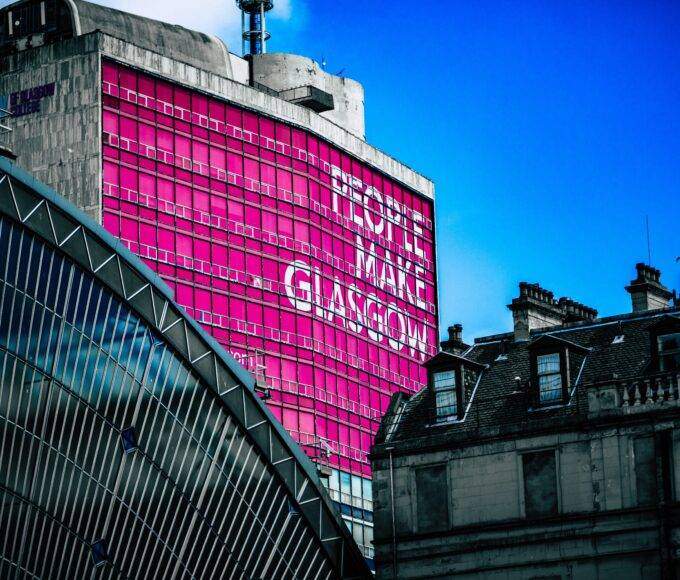GLASGOW is drawing up plans for a low-traffic city-centre superblock to create a cleaner, greener and more liveable urban heart.
As cities take centre stage at COP 26 today, council leader Susan Aitken announced she has asked officers to consider how dramatically cutting the number of private vehicles in a core part of the city centre could free up space for citizens, businesses and visitors.
She hopes to see initial proposals published over the coming days, with a report setting out the potential first steps coming to committee after the UN climate talks currently taking place in the city conclude.
Joining up existing initiatives such as the Avenues Project; a revamped George Square, and pedestrian-focused streets around the Merchant City and the Style Mile with more streets that prioritise people and public transport as part of an incremental process could transform how people use the city centre by as early as 2027.
However, proposals will also reflect longer-term initiatives; including the delivery of a Glasgow Metro and the push to see more people living in the city’s centre.
Speaking at a Thriving Cities event, Cllr Aitken said: “I want to work towards having the core of our historic city centre given over to people, public transport and active travel.
“It’s a big step and we don’t under-estimate the challenge of making that transition from what has been, for far too long, a car-dominated city centre.
“What takes its place is really important. There are benefits to reducing traffic – but how we then activate the space and make it more attractive and welcoming for people who want to live, work, shop and visit in our city centre will really make a difference.
“It is something that will have to be delivered incrementally, in partnership with city centre businesses, but I think it’s the kind of ambition that we have to demonstrate.
“We need new ideas, a new vision and collaborations to create that better and sustainable life that we envision for everyone in Glasgow.”
Despite Glasgow having one of the lowest levels of car ownership in the UK, an independent Connectivity Commission found that an incredible 25% of land in the city’s centre is currently dedicated to roads – higher than other cities across the country and more than double the equivalent measure in Edinburgh.
Experts also raised concerns about how that quarter of all city centre space was used – with the dominance of private cars significantly limiting access and usability.
A four-metre wide section of road can accommodate between 5,000 and 10,000 cyclists or pedestrians each hour – or up to 12,000 bus passengers. However, the same road can cater to as few as 800 people in cars in some circumstances.
There is already significant support for prioritising people over private cars on Glasgow’s streets.
In a recent public conversation on connecting communities, more than eight in ten people supported road space being re-allocated to walking, wheeling and public transport and more than three-quarters wanted a greater focus on people and place in the city centre.
The city is already committed to reducing traffic in its centre by 30% and doubling the residential population – while the Connectivity Commission stressed the importance of
Glasgow’s urban heart delivering a modern European city centre experience, worthy of the city’s status.
Today, Cllr Aitken also highlighted the city’s health, equality and climate justice as key considerations.
She said: “In 2021, poor air quality remains a clear social justice issue, a barrier to improving well-being and prosperity.
“In a city where almost half of households have no access to a car, our most disadvantaged communities are disproportionately affected by transport related emissions. These impacts are well known and our knowledge of these is expanding all the time.
“Whether it is the impact on cardiovascular disease and breathing conditions such as asthma, or the less obvious contribution to conditions such as dementia, diabetes or cancers, air pollution affects us all and especially our most vulnerable.
“We talk a lot about the inseparability of climate and social justice. That’s as relevant here in Glasgow as anywhere.”












